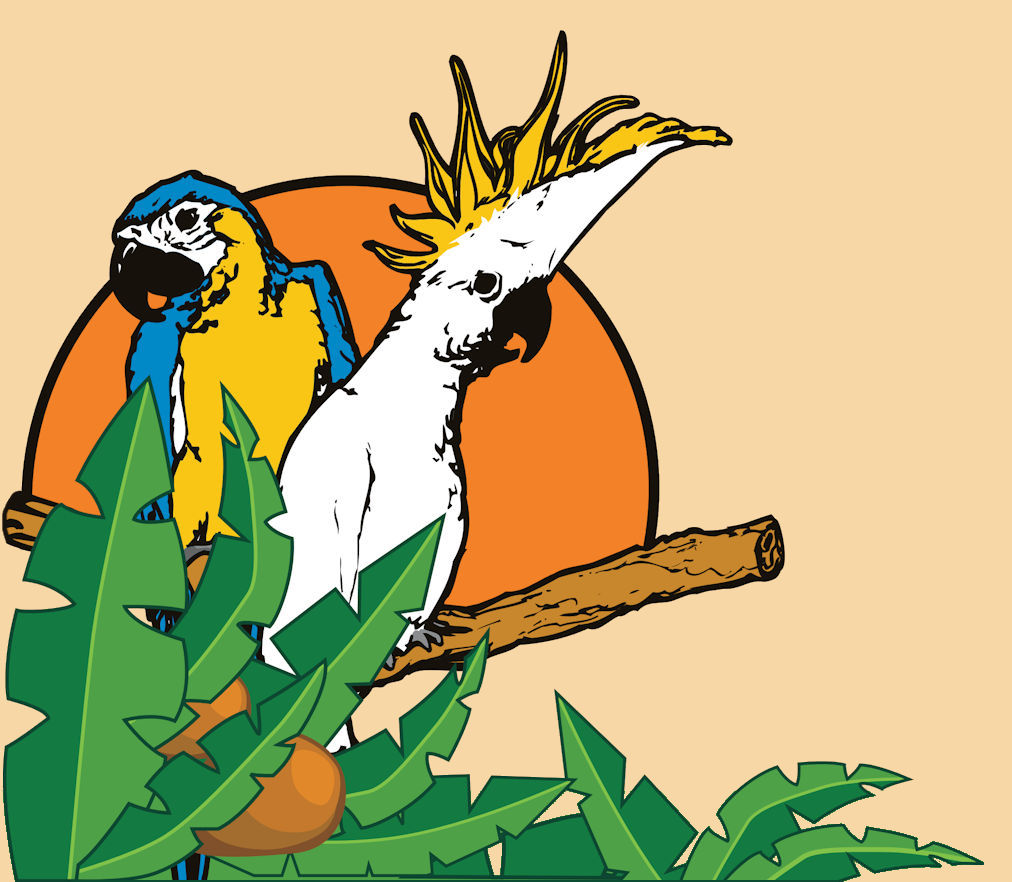“What are those spikey things all over his head?” – A very common question from bird owners. These ‘spikey’ feathers are known as pin feathers. Usually noticed on baby birds, or during molting, they are new feathers growing in. Pin feathers have a blood supply when they are new, making them very sensitive. As the feather grows out, the blood recedes and the shaft is hollow. When the feather is formed and ready, the sheath is dry and flaky, and removed by the bird as it preens. Some birds are very fastidious preeners and won’t have many. Others may have quite a few if they cannot reach them, or lack another bird to help out. They are normally seen around the face, the back of the neck, and on the tail feathers.
Some birds love when their owner helps them, but others may not want to be pet at this time and may give a warning nip. Leftover sheaths can produce dandruff flakes, or break down into the all too familiar bird dust. You can help open these feathers up by using your index or middle finger nail against your thumb, and scratching very lightly. They are attached to the skin, so avoid pulling or rotating the pin feather! If your bird is not enjoying it, don’t force the activity or worry, the pin feathers will eventually open on their own.
